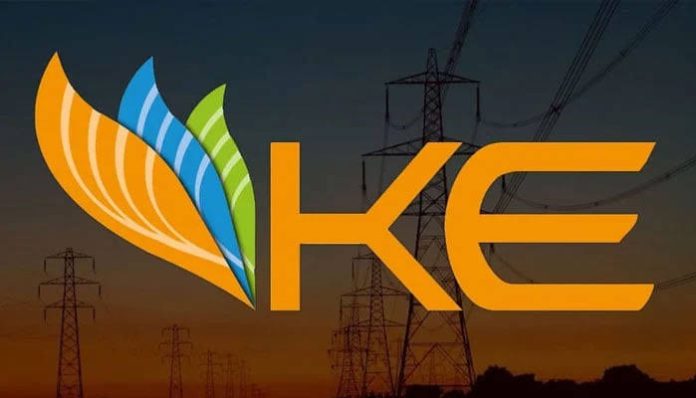Since its privatization in 2005, K-Electric (formerly KESC) has witnessed substantial improvements in performance and profitability, according to a recent report by the World Bank. Prior to privatization, the company struggled with financial losses and relied on annual operational subsidies from the government. However, following privatization, K-Electric embarked on a path of significant transformation, making substantial investments that culminated in profitability by 2012, marking a turnaround after 17 years of losses.
The privatization initiative has been credited with generating savings amounting to PKR 900 billion for both consumers and the government. Key targeted investments across the power value chain have notably enhanced generation efficiency and reduced transmission and distribution losses. Aggregate Technical and Commercial (AT&C) losses dropped from 43 percent in 2009 to 21 percent by 2023, while Transmission and Distribution (T&D) losses decreased from 35 percent to 15.3 percent during the same period.
Under new management, K-Electric implemented workforce optimization strategies and invested over USD 4.4 billion across its operations, resulting in improved operational efficiency. The company also prioritized digitization initiatives and customer-centric approaches, leading to a transparent billing system, enhanced customer service, and digital connectivity for over 1 million of its 3.5 million customers.
Despite these achievements, K-Electric faced challenges during FY2017-23, including the absence of a cost-reflective Multi Year Tariff (MYT) that impacted its financial performance. Additionally, high generation costs due to the non-supply of indigenous gas, outstanding receivables from government entities, and delays in regulatory approvals posed further hurdles. As a consequence, K-Electric’s average return on equity remained below that of other private industry players in the power generation segment, and the company was unable to distribute dividends since privatization.
Looking forward, the World Bank report emphasizes the need for equitable terms and conditions for investors and the government in future privatization efforts within the energy sector. It underscores the importance of maintaining consistency in regulatory and policy frameworks and establishing viable tariff-setting mechanisms. Capacity building of regulators and the establishment of a robust privatization ecosystem are also highlighted as critical factors, alongside streamlined processes for expediting approvals of essential items in the sector.
The World Bank’s analysis concludes that while privatization has delivered substantial benefits to K-Electric and Pakistan’s economy, ongoing reforms and strategic adjustments will be essential to sustain and build upon these achievements in the dynamic energy landscape.


